Graham Reid | | 5 min read
Robin Gibb: Saved by the Bell
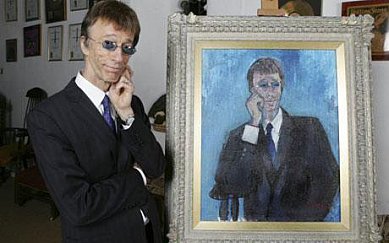
Robin Gibb of the Bee Gees – younger
brother of Barry and twin to Maurice who died in 2003 – is on the
road again, this time singing the Bee Gees' classics as a solo
artist. And he's done it before.
Forty years ago in fact when he briefly
quit the band after their Sixties fame (half a dozen chart-topping
singles) and was enjoying a solo hit with Saved by the Bell – a
shrill, aching ballad – Robin Gibb was the drawcard at the Redwood
Music Festival just outside Auckland. He remembers it, but not
fondly.
“It was quite chaotic because there
was a whole lot of people and not a lot of security. I almost had to
climb a tree, it was frightening. It got quite dangerous. The concept
of security hadn't crept into the popular arena. It started out as
enjoyable and then the audience got out of hand.”
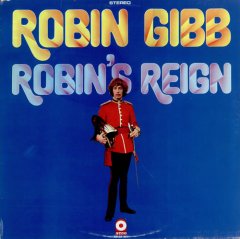 And someone threw a tomato at him as a
You Tube clip shows.
And someone threw a tomato at him as a
You Tube clip shows.
Gibb's orchestrated 70 solo album
Robin's Reign – which contains Saved by the Bell – is considered
a pop-psychedelic masterpiece in some circles: “Sometimes on the
BBC they'll play unreleased tracks from that album that even I
haven't got.”
However within months of that debacle
at the Redwood festival Robin was back with his brothers and the
second, even more successful, phase of the Bee Gees' career began.
The Bee Gees' story from there can be
told in prompt words and statistics: Saturday Night Fever, disco,
Grease (written by Barry), Islands in the Stream for Dolly Parton and
Kenny Rogers (which they originally wrote with Marvin Gaye in mind);
in excess of 200 million units shipped; their songs recorded by more
than 2500 artists; six consecutive number one singles in the US in 18
months from early 78 . . .
In terms of popular success their only
songwriting equals have been Lennon and McCartney, although Robin
makes a point about that comparison.
“When I'm in England, Europe, New
York, Los Angeles . . . wherever, if I turn the radio on I hear about
four or five Bee Gees or Gibb brothers songs every day, but not the
Beatles . . . and it's because our music has got black influences to
it. People of a younger generation can relate to it, whereas the
Beatles music is very fixed in its time, the psychedelic music of the
late 60s doesn't quite gel.
“Stayin' Alive doesn't sound out of
place, but Strawberry Fields would.”
The Bee Gees have always recoiled from
the word “disco” but Robin seems no less comfortable with the
suggestion the continued success of many of their songs is that they
are dance-driven.
“You say that, but we didn't think
when we were writing any of our music that you would dance to it. We
always thought we were writing r'n'b grooves, what they called
blue-eyed soul.
“So we never heard the word 'disco',
we just wrote groove songs we could harmonize strongly to, and with
great melodies. The fact you could dance to them, we never thought
about.”
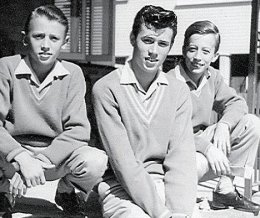 He is insistent however that what got
them into the top echelon of legendary songwriters and performers was
hard work, and the ability to play live. They'd been doing it since they were kids.
He is insistent however that what got
them into the top echelon of legendary songwriters and performers was
hard work, and the ability to play live. They'd been doing it since they were kids.
“We are actually one of the acts that
could sing real all the time, and that was considered normal. If you
sing live on stage today that's considered abnormal.
“People ask me about starting out and
say it was easier then. But it was harder because a record company
wouldn't sign you unless you could play live and carry a show.
“The benchmark for getting a
recording contract was much higher. Today people have [expensive]
recording equipment in their front room -- but it doesn't make them
songwriters or great singers or harmonizers. What it can do is make
pretty bad songs sound good, for a while.
“For not very talented, professional
or seasoned young bands it's possible to bring out a record and get
immediate recognition for a groove or a sound they otherwise couldn't
get if they hadn't had access to this advanced technology.”
He also says British acts today aren't
as hungry to break into America as those of his generation: “So
very big acts mean nothing beyond the White Cliffs of Dover. In the
past the whole of the American market would open up because they went
over there and worked their guts off, as we did. A lot of young
artists in the UK just don't put time into it. They want it, but you
can't get the States and still live in London.”
Yet if anyone thinks he – at age 60
and feeling fine after a recent health scare – can just coast on
past glories he puts them straight: yes, there is the four CD
retrospective Mythology box set coming in November at the same time
as a film of their lives, but he and his son Robin-John are currently
writing The Titanic Requiem to be recorded by the Royal Philharmonic
Orchestra in advance of the 100th anniversary of the sinking of the
Titanic in 2012 (“it's very traditional, not a rock opera, there's
no backbeat”), and he and Barry still get together when the mood
and ideas take them.
“We're cherry picking. Barry and I
just do what we want to do and now are concentrate on the film of our
life story. We came together for the last American Idol show in May
in Los Angeles, and the Rock And Roll of Fame in March [where they
inducted Abba].”
And he has been re-elected as the
president of the International Confederation of Authors and Composers
which defends copyright, something he feels strongly about. Always
useful to have good lawyers?
“Of course, that's a given,” he
laughs.
But it has always been about building a
song catalogue.
“Because we've been composers, the music has gone ahead of us. It's always on the radio and although technically you may not be out there as the Bee Gees, you go past the pub and there's a Bee Gees tribute band. People are queuing up to see someone who gets up in the morning and makes a living out of being me. Astounding.”
Robin Gibb died in May 2012. He was 62.

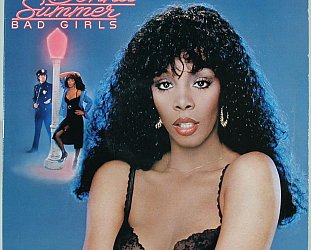
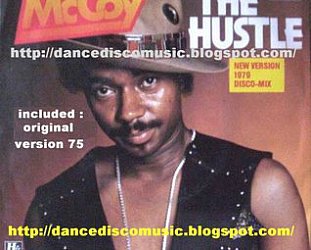
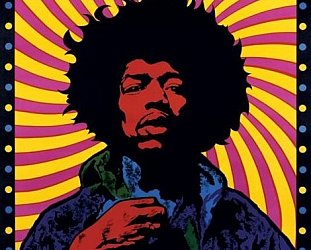

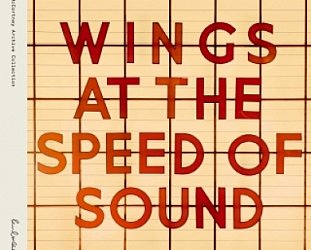

post a comment